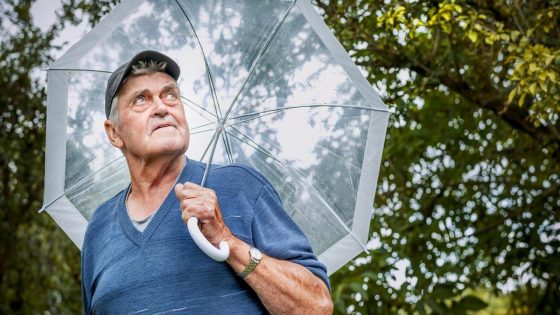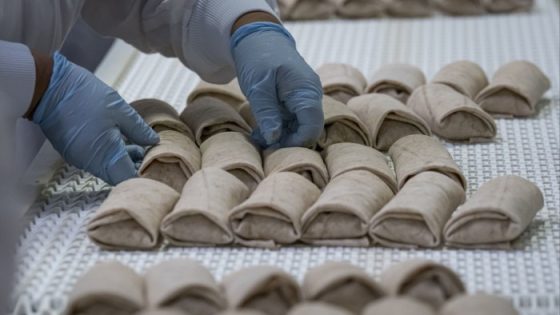Belgian educators and parents are closely watching the new minimum goals for primary education, set to take effect on 2025-05-14 20:33:00. These updated standards cover key subjects like history, mathematics, and social skills, aiming to better prepare young learners for the future. How will these changes impact the daily classroom experience and children’s long-term development?
- Meet minimum history goals in primary school
- Teach young children about pyramids, Nile
- Implement new minimum goals for math
- Prepare students on bullying, Kongo history
- Enforce attention, counting skills by age ten
The revised minimum goals emphasize both academic knowledge and essential life skills. For example, history lessons now include learning about figures like Garcia II of Kongo, while mathematics expects children to master counting up to 1,000 by age ten. Even behavioural skills such as sitting still and paying attention are part of the new expectations. What does this mean for Belgian schools striving to balance tradition with modern educational demands?
As schools gear up for these updates, the question remains: are our children ready to meet these goals? Let’s explore the key points and what Belgian families can expect.
Are the new minimum goals ambitious enough, or too demanding for young learners? This shift reflects a growing awareness that education must connect with both global history and everyday skills. Key highlights include:
- History curriculum now includes diverse figures and global topics to broaden perspectives.
- Mathematics goals require children to count up to 1,000 by age ten, raising numeracy standards.
- Social skills like managing behaviour and attention are formally recognised as essential learning outcomes.
- Early education introduces themes like Egyptian pyramids to spark curiosity beyond local history.
Looking ahead, Belgian schools and parents must collaborate closely to support children in meeting these goals. Will schools provide the right tools and guidance? The success of this educational evolution depends on active engagement and continuous adaptation to children’s needs.

































